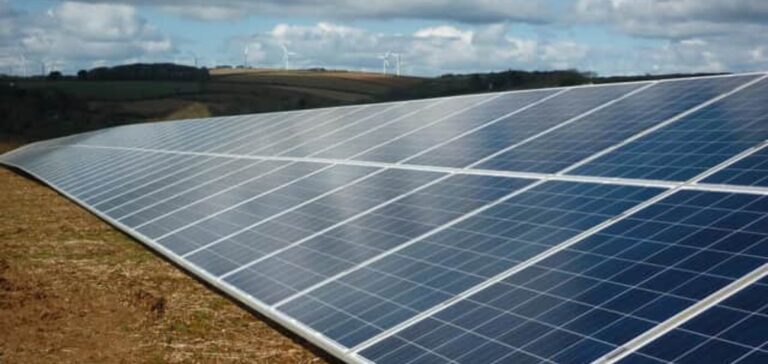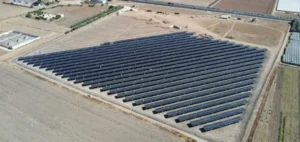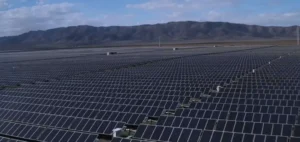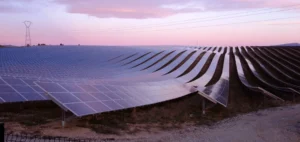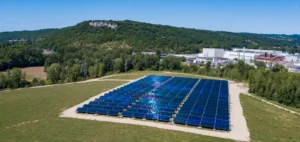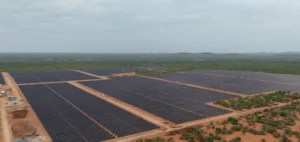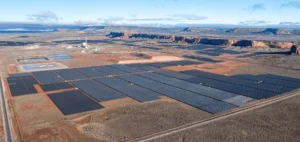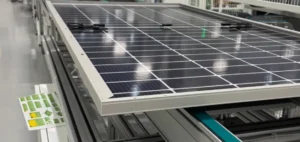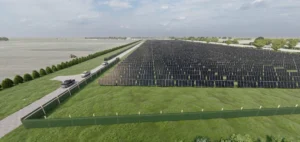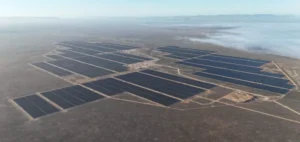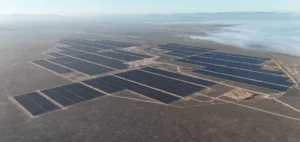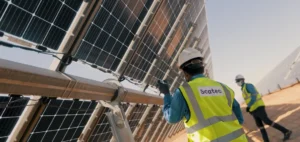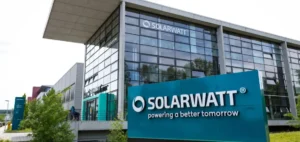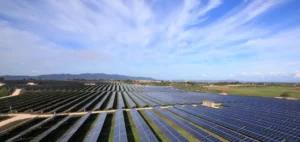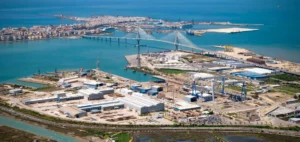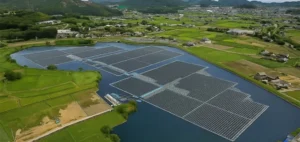The Glenniston solar farm, combined with battery storage, has a generating capacity of 39 MW, enough to power around 18,000 homes – more than half the residential population of the Kirkcaldy area. This initiative is expected tosave around 22,590 tonnes of carbon emissions each year.
Consultation and design process
The decision was taken following extensive consultation with the local community and experts from various councils and decision-makers. The project has undergone a rigorous consultation and design process and will include numerous biodiversity enhancements, such as hedge planting and restoration to increase visual screening while providing shelter and food for local wildlife.
Commitments to biodiversity and the community
Specific measures, such as the introduction of flowering meadows for pollinators and the sowing of a rich grass mix for the entire site, are planned to enrich local biodiversity. In addition, the project will provide an annual local community charity fund of £23,400 and contribute to business rates benefiting the wider Fife community.
Statements by project managers
Stuart Hamilton, Head of Development at Locogen, expressed his satisfaction at the project’s approval, highlighting the benefits of solar power as one of the cheapest and most rapidly deployable forms of renewable energy. Clara Thompson, Senior Developer at Renewco, reinforced this enthusiasm by mentioning the importance of this milestone for the project and the environmental, social and economic benefits recognized by Fife Council.
So, with a capacity of 39 MW and annual savings of 22,590 tonnes of CO2, this project supports the national goal of transition to cleaner energy, while bringing substantial environmental improvements and economic benefits to the community of Fife.


